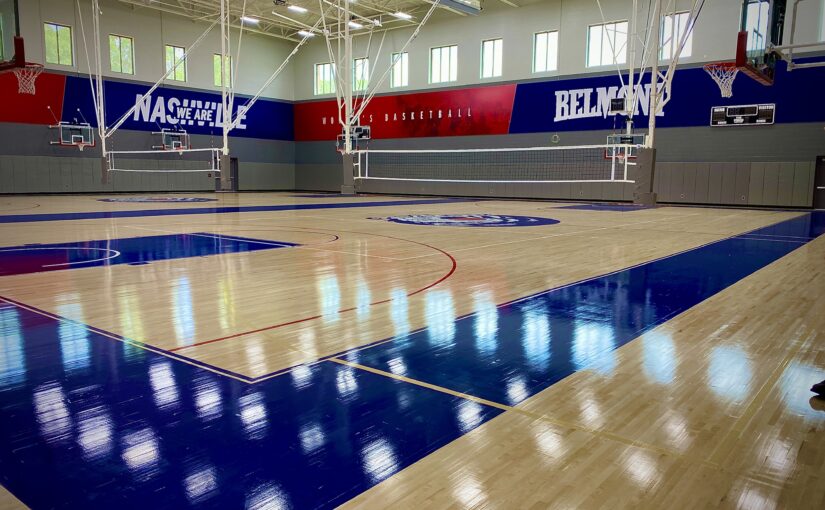The athletic department’s rule of thumb was that if an Olympic sport team could make a trip in seven hours by driving, it did so. Moving to the Southeastern Conference and being placed in the East Division will alter the plan and the travel budget considerably.
The athletic department expects to see a minimum $750,000 increase for travel the first year in the league, boosting what was already a $4 to $4.5 million annual expense.
“We’re still evaluating and the feeling is that it’s a little higher,” said Tim Hickman, Mizzou’s senior associate athletics director overseeing the transition to the SEC. “I think it will be at least that. It’s a moving target.”
Trips to places like Iowa State, Kansas and Kansas State will be replaced by journeys to Florida, South Carolina and Georgia, among others, forcing an increase in air travel for many sports.
As one of the major expenses in doing business in college athletics, Mizzou took a hard look at the landscape long before the paperwork for the move was signed.
“We absolutely looked at that as we were evaluating the move and identified that early as one of the key differences,” Hickman said. “We wanted to make sure we could have options that didn’t adversely affect the student-athletes. Sometimes you have to spend money to make money.”
The Big 12 had its share of longer trips with four schools in Texas, but SEC locales are even more far flung.
The average roundtrip flight to the nine cities in the Big 12 last year was 850 miles. That will increase to 1,020 miles in the SEC. And with only one roundtrip shorter than 500 air miles, more flights will be a necessity.
Mizzou will maintain its practice of having the football, men’s and women’s basketball and volleyball teams travel via charter planes. Decisions on how other teams travel will be evaluated on a case-by-case basis with commercial air flight the standard option when drives are too long.
Athletics director Mike Alden said it will take two years to get a good handle on what works best as teams become accustomed to traveling to unfamiliar cities.
“This is a great example of needing to go through two cycles,” he said at the SEC spring meetings. “We think we can predict the time of how long it will take to get to Gainesville (Florida) and all that stuff, but until you actually do it in all sports for two years, we won’t have a good feel for that.”
For example, Hickman said getting to Mississippi State could present the biggest logistical problem. Teams might have to fly to Birmingham, Ala., and follow with a two-plus hour bus ride to the campus.
In Missouri’s final year of membership, the Big 12 had five cities that were close enough to travel by bus within the seven-hour guideline. When Nebraska was in the conference, there were six. In the SEC, only Arkansas, Kentucky and Vanderbilt fit that scenario. Mississippi is a bit longer.
Hickman doesn’t anticipate increases in travel costs other than transportation. He said additional nights in hotels aren’t expected but teams can expect to return to Columbia later than usual.
Mizzou will be aided somewhat by Delta’s expansion of flights out of the Columbia airport. The airline has flights daily to and from Atlanta and Memphis and will add another Atlanta route on Sept. 5. That’s just in time for the SEC opener against Georgia.
Atlanta is a key city in the conference because of its proximity to Georgia and Auburn, which is about a 100-mile drive from the Atlanta airport. Memphis, meanwhile, provides a flight for trips to Ole Miss, which is 68 miles from the airport.
“I think (Delta’s expansion) was heavily influenced by the SEC and the timing particularly coming with the Georgia game,” Hickman said.
The longest roundtrip in the SEC will be 1,694 miles to Gainesville, and five other cities will require a trip longer than 1,000 miles. That includes Texas A&M, which also is joining the SEC but was given a slot in the West Division.







